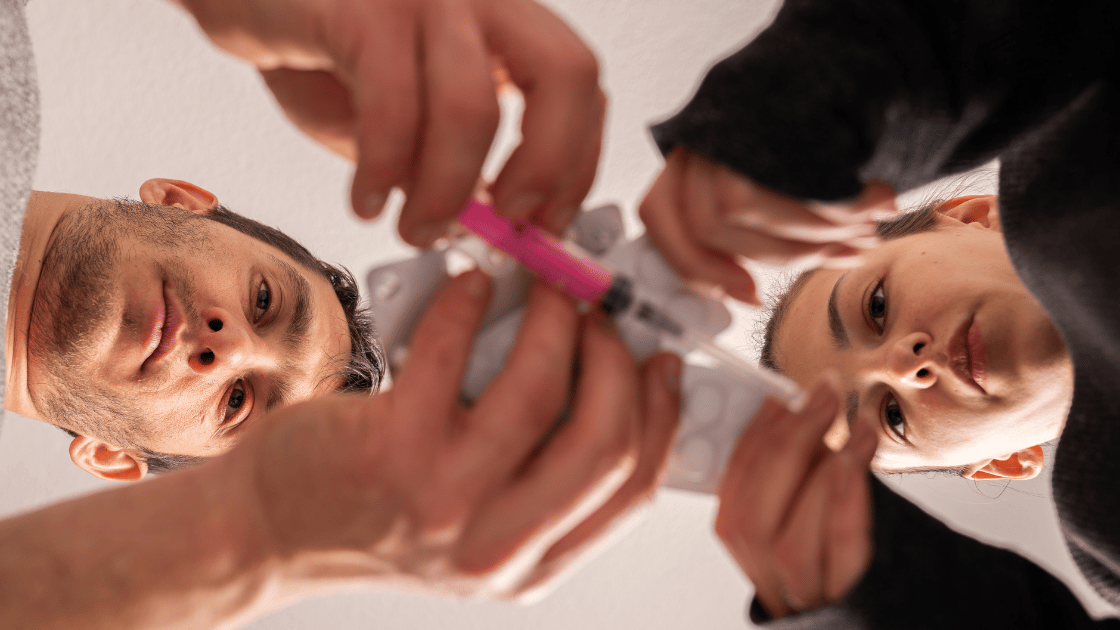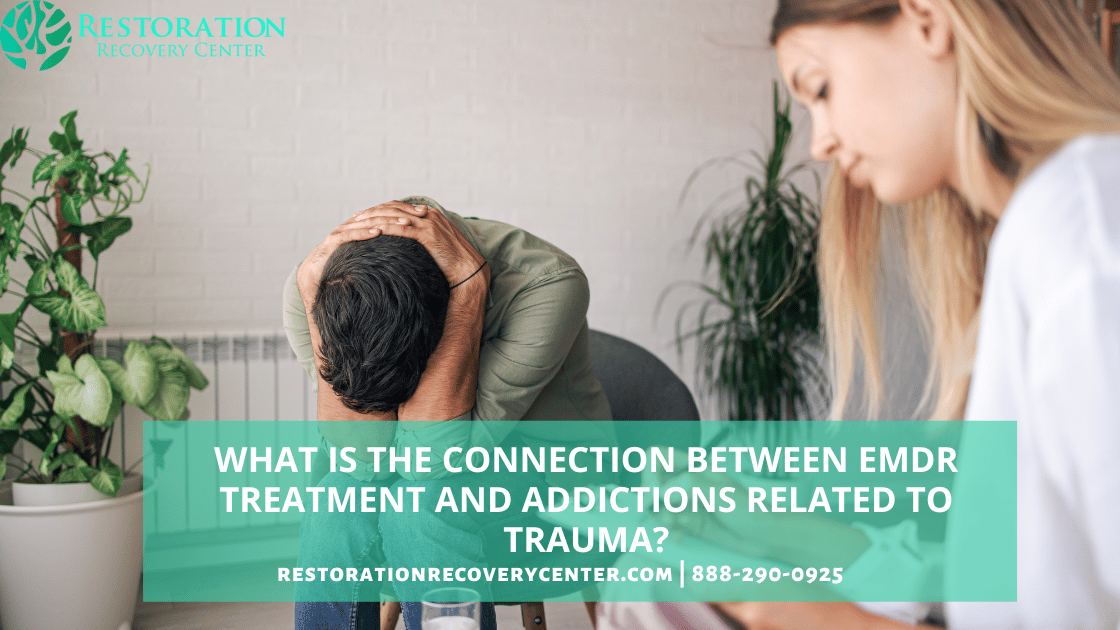What Is The Connection Between EMDR Treatment And Addictions Related To Trauma?
All of us will experience some form of trauma during our lives. We’ll know someone who dies too soon, or we may experience a car accident, natural disaster or violence. Millions of people work jobs where they are regularly exposed to traumatic situations.
This observation is what led to the connection between EMDR treatment and addictions related to trauma.
Trauma causes natural feelings of unease, worry and stress. As time passes, most people overcome these feelings on their own or by talking with friends and family. However, people often have difficulty overcoming exposure to severe trauma without professional help.
Is there a connection between addiction and trauma, and how does EMDR treatment address this?
Unfortunately, many individuals with substance use disorders also have experienced one or more traumas. Treatment for these co-occurring disorders should be integrated and the use of EMDR treatment in California can be helpful for some people.

EMDR treatment and addictions related to trauma
Therapists treat PTSD with eye movement sensitization and reprocessing therapy. Psychologist Francine Shapiro developed EMDR in 1987 to teach the brain to properly cope with upsetting memories. The basis of EMDR is that the brain’s coping mechanisms are overwhelmed by trauma or addiction, so associated memories are improperly stored in the brain.
How Does EMDR as a Method of Treatment Work?
EMDR treatment aims to treat unprocessed, negative memories by addressing the past, present and future aspects of a targeted memory and combining them with guided eye movements.
Visual processing in the brain is extremely complex. Each eye has both a left and a right visual hemisphere that are processed independently by the corresponding opposite hemispheres of the brain. Once the images are processed in each hemisphere, the hemispheres work together to form a coherent picture that represents what our eyes see.
This interhemispheric communication activates working memory and visual exploration, and EMDR takes advantage of these activated brain states to simultaneously update evoked memories. The science underlying this process is still an area of active research, but substantial evidence supports that EMDR successfully updates negative memories with more positive ones. Therefore, the answer to the question “Is there a connection between EMDR treatment and addictions related to trauma?” is a resounding “yes
What role does EMDR treatment play in addiction treatment?
EMDR therapy can play a central role in addiction treatment since trauma plays a central role in addiction etiology. Many people come to the Addiction Treatment Center Auburn California with diagnosable PTSD, and in that case EMDR is indicated as a front line treatment.
Those of us who see the role of trauma regardless of the development of PTSD have seen how EMDR therapy can be the lens through which to conceptualize the case and set up the treatment plan, as well as the method of providing the treatment.

EMDR treatment and addictions related to trauma
Some people have the misconception that EMDR is simply waving a finger in front of someone’s face. EMDR therapy is actually more of a theoretical orientation and a process. The first two phases of the eight-phase protocol are actually all about stabilization and building internal resources. That is what the client needs upfront. And then the therapist and team can determine readiness for phases three through eight of the trauma reprocessing.
How beneficial is EMDR treatment?
The benefits of EMDR treatment in California include:
– A decrease of emotional distress related to memory
– Long-lasting behavioral changes
– Successfully treating symptoms of post-traumatic stress disorder that can often be linked to drug and alcohol addiction
EMDR therapy can be effective, but it can also be fast. People struggling with addiction often report feeling better and stronger after just one session. Better yet, there are virtually no known negative side effects of combining EMDR treatment and addictions related to trauma.
If you have a loved one who would benefit from EMDR as a method of treatment. Please sign them up for sessions at the Auburn Center of Recovery and Restoration today!






